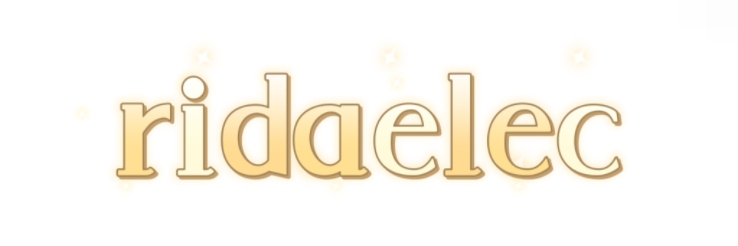Is Single Phase Inverter Technology Sustainable?
In the discussion of renewable energy technologies, particularly for residential and small-scale applications, the efficiency and sustainability of single-phase inverter systems come into focus. As the push for greener energy solutions continues, it is essential to understand the role of the Single Phase Power Inverter and its implications for a sustainable future.
Contact us to discuss your requirements of Single Phase Power Inverter. Our experienced sales team can help you identify the options that best suit your needs.
Single-phase inverters are pivotal in converting DC power generated by solar panels into AC power suitable for home use. Their design, while straightforward, presents both advantages and challenges in the quest for sustainability. One of the most significant benefits of single-phase inverter technology is its user-friendliness, making it a popular choice among homeowners looking to adopt solar energy. This accessibility has resulted in a wide implementation of solar systems across residential areas, driving the move towards greener energy consumption.
However, evaluating sustainability requires a deeper dive into various aspects of the technology. Notably, the environmental impact of manufacturing and disposing of photovoltaic (PV) inverter components plays a crucial role. Many manufacturers are increasingly seeking eco-friendly materials and production processes. Sustainable manufacturing practices can help reduce the carbon footprint associated with the lifecycle of single-phase inverters, contributing positively to overall sustainability.
The efficiency of a Single Phase Power Inverter also factors significantly into its sustainability. Higher efficiency translates to more effective conversion of solar energy into usable electrical power, minimizing waste during the energy transformation process. Many modern single-phase inverters boast efficiencies exceeding 95%, which is crucial in maximizing the benefits of solar technology. This efficiency not only bolsters energy output but also decreases the number of inverters required for grid-tied systems, leading to reduced manufacturing and disposal impacts over time.
As renewable energy solutions become standardized, the longevity and reliability of single-phase technology emerge as additional focal points. The focus on durable and long-lasting materials reduces the frequency of replacements, thus lessening environmental impact. Moreover, advancements in inverter technology, including the integration of smarter features, enable better monitoring and optimization of solar power systems. These improvements allow users to maximize energy usage and minimize reliance on fossil fuels further, affirming the sustainability of single-phase inverter solutions.
Another factor that sustains the relevance of single-phase inverters is their performance in various conditions. While they are often recommended for residential use due to their simplicity, they can efficiently serve small commercial applications in regions where three-phase power is not available. This functionality expands the reach of solar energy and enhances energy accessibility in underserved areas, aligning with global goals on equity and sustainability.
Yet, issues such as grid compatibility are closely tied to the sustainability narrative. Many regions rely on a three-phase electricity system, which can present challenges for single-phase inverters. In cases where demand exceeds generation, users might face restrictions or be encouraged to revert to grid power. Future developments may focus on hybrid systems or technologies that allow single-phase inverters to integrate more seamlessly with existing grid structures, ensuring a more robust solution for energy independence.
Another critical point of discussion is the end-of-life management of single-phase inverters. Given the rapid technological advancements in the solar sector, addressing the recycling and disposal aspects of inverters is essential for achieving true sustainability. Incorporating strategies that prioritize the recovery of valuable materials and encourage a circular economy can significantly mitigate the environmental impact of outdated solar technologies.
Additionally, public perception and market demand for sustainable technologies directly influence the development trajectory of single-phase inverter systems. As consumers become more environmentally conscious, their preferences sway manufacturers to prioritize sustainable approaches, ultimately leading to advancements that align with ecological values. Educating the public on the benefits and efficiencies of single-phase inverter technology can catalyze the broader adoption of solar energy, contributing to a sustainable energy landscape.
Moreover, emerging technologies such as energy storage systems, when coupled with single-phase inverters, can take sustainability a step further. By integrating battery storage, homeowners can utilize stored solar energy, reducing dependence on the grid during periods of high demand or outages. This energy resilience empowers consumers and elevates the role of single-phase inverter technology in fostering a sustainable future, offering not just ecological benefits but also economic advantages.
In summary, the sustainability of single-phase inverter technology rests not only in its efficiency and user-friendliness but also in its adaptability to ongoing advancements in the renewable energy sector. As consumers, manufacturers, and policymakers collaborate to address the environmental impact at every stage—from production to end-of-life management—there emerges a promising pathway towards greater sustainability. Embracing innovations, prioritizing eco-friendly materials, and integrating energy storage solutions should be the way forward for single-phase inverters, ensuring that this technology remains a linchpin in our transition to a sustainable energy future.
For more information, please visit 48v battery storage.

